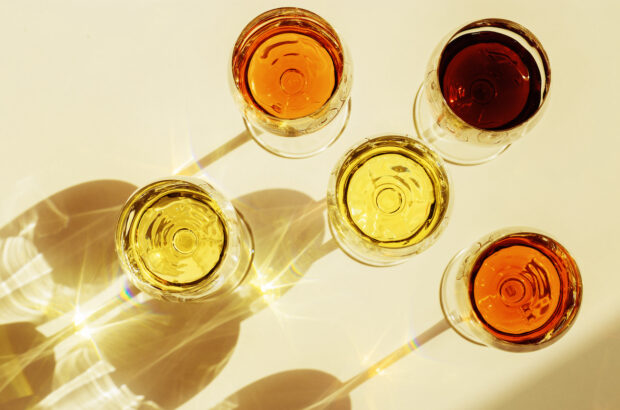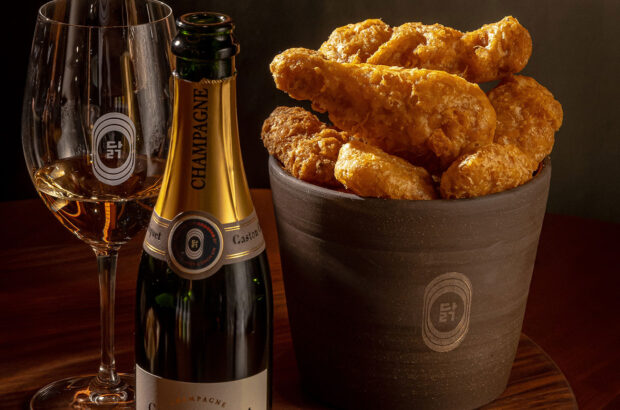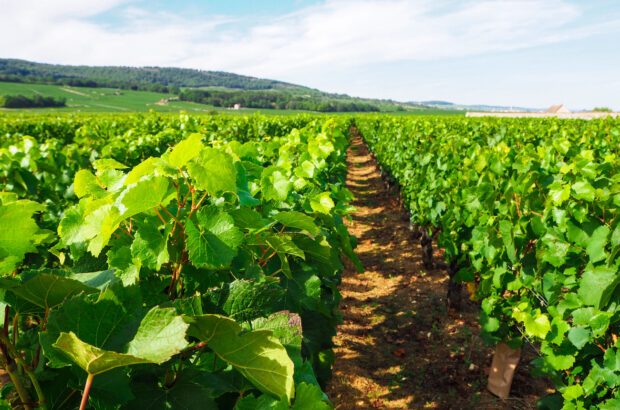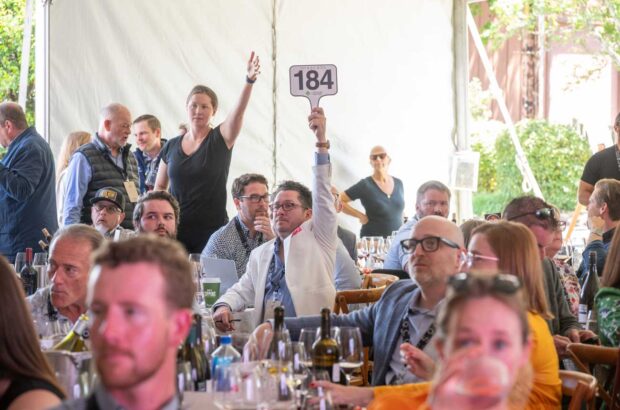Not sure what they mean? John Stimpfig explains...
Difference between tirage and dosage
Ben Jenkins, Sidmouth, asks: What is the difference between tirage and dosage in the production of Champagne?
John Stimpfig replies: Both additions are key elements in the winemaking process for Champagne and all bottle-fermented sparkling wine.
Liqueur de tirage is a liquid solution of yeast, wine and sugar that is added to the still base wine in order to create the secondary fermentation in bottle. The amount of sugar determines the level of dryness in the wine as well as the atmospheric pressure in the bottle.
The dosage is the amount of sugar in the liqueur d’expedition (a mix of sugar and wine), which is added just after disgorgement.
This not only tops up the wine, it also helps balance the acidity and add sweetness – depending on the style (see below).
SEE ALSO:
What’s the difference between ‘brut nature’ and ‘zéro dosage’?
Why does my ‘extra dry’ Prosecco taste sweet? – ask Decanter
As all the yeasts have either been consumed or expelled at the point of disgorgement, there is no chance of a third fermentation in bottle.
Some Champagnes are now labelled as non-dosé, zéro dosage or brut nature (the official term), which means that no sugar was added to the liqueur d’expedition.
Brut Nature: no added sugar and less than 3 grams/litre of residual sugars
Extra-Brut: between 0g/l and 6g/l of residual sugars
Brut: less than 12g/l of residual sugars
Extra Sec/Extra Dry: between 12g/l and 17g/l of residual sugars
Sec/Dry: between 17g/l and 32g/l of residual sugars
Demi-Sec: between 32g/l and 50g/l of residual sugars







